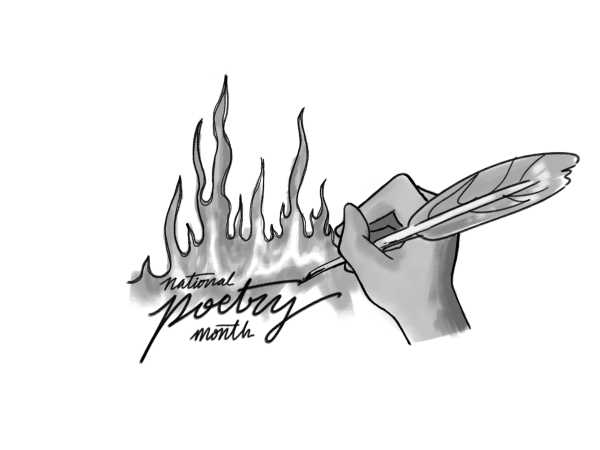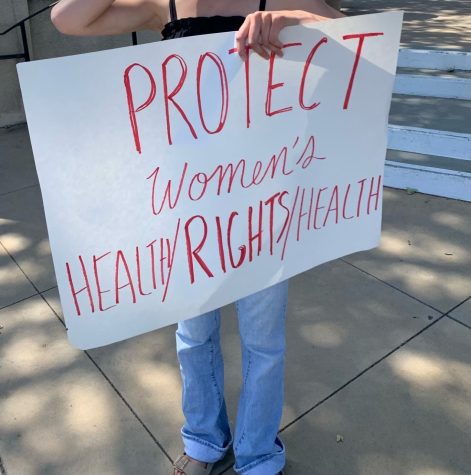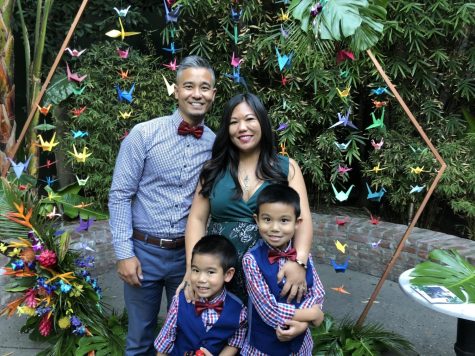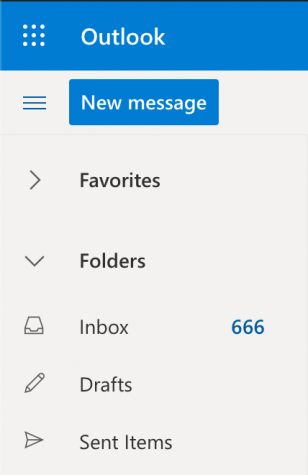Cheating Only Worsens Education
Growing up, children are told that “sharing is caring.” However, this theme of expressing kindness reaches a certain limit when it comes to high school work ethics. While many students are open to sharing homework and discussing test material with friends and other peers, the reality is that they are being manipulated by lazy workers.
Sharing work can be easily considered cheating as the students copying work are not expressing their own individual responses to the content. Students do not learn from copying off other answers as they prioritize the completion of work over their understanding of a given lesson. The purpose of school is to make use of the opportunity to learn, to be able to complete work individually, and to further apply the lessons learned in the future. While helping out a friend in need may benefit them for a certain assignment, poor work habits and unethical decisions are the likely long-term results of copying. Cheating puts less value towards education as students do not put effort into their work, knowing the answers will be handed to them instead.
When asked to share work, one may feel a social pressure to give in. Although the righteous thing to do is not allow people to cheat off one’s work, it can be difficult to say no. A common belief amongst students is that they will come off as selfish or cold if they deny giving up their work. However, this misconception is flawed, as denying work is more beneficial in the long-run. Despite existing pressure to not appear selfish, denying answers to peers results in greater benefits for all. Not giving others answers helps them learn to be capable on their own. Although collaboration is encouraged in classes, those who rely on answers become incapable of working efficiently and independently. Those who always share their work are more likely to be taken advantage of as it becomes expected of them to give answers for all assignments. In addition, allowing a friend to cheat could potentially risk a student’s own work and efforts. According to the CHS handbook, copying or lending any assignment or sharing exam information could result in consequences such as receiving a zero on the assignment and could potentially lead to a detention or Saturday School. By breaking the Academic Honesty Policy, a student could also lose the trust of his or her teachers.
When the decision must be made to help a friend in need, there are better solutions than to allow cheating. For instance, rather than allow a classmate to copy off work, a student can offer help, causing the classmate to contribute their own efforts. One can only go so far by relying on others. It is best to teach others how to be confident in working independently instead of supplying answers. Although it may not be the “nicest” decision not to share work, the overall impact is that students achieve the positive results of maintaining better work habits in the future. School is a place to learn new material, and not the art of plagiarism. When it comes to schoolwork, the way to care is to not share.
Hello there! Our goal is to provide relavent, engaging journalism for readers of all ages. Your donation will support the student journalists of the Wolfpacket at Claremont High School, and will allow us to purchase equipment, print our monthly issues, and enter in journalism competitions. We appreciate your consideration!

Entering her senior year, Kathryn Enriquez looks forward to the future and many adventures to come. Now in her third year of the Wolfpacket, she is the...










